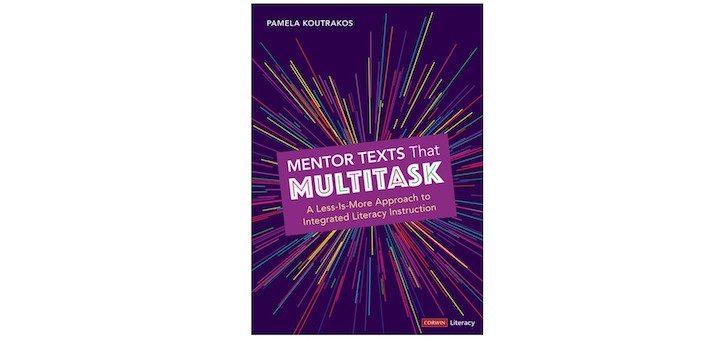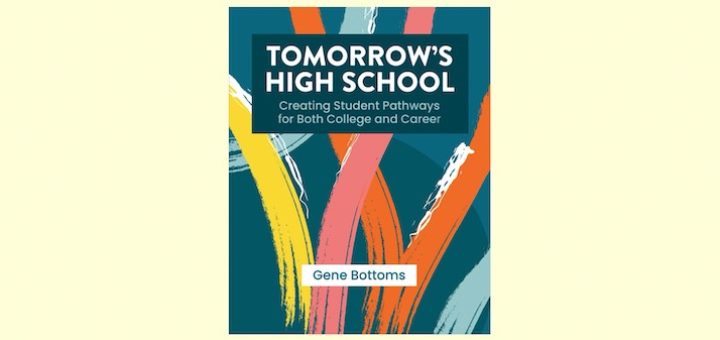Teaching and learning in grades 4-8
When we incorporate literacy assessments that honor students’ assets and identities, we take an essential step toward creating an inclusive classroom that values students’ cultures and centers them in their learning. Teacher educators Sean Ruday and Katie Caprino show how.
Discover how mentor texts and text sets become multitaskers, providing vision, purpose, and the confidence students need to take learning risks. ELA consultant Anne Anderson highly recommends Pamela Koutrakos’ Mentor Texts That Multitask as a tool for literacy integration.
Teacher-author Jacob Chastain has found a process and procedure that’s essential in his workshop approach to teaching literacy. He helps middle schoolers develop the habits of “reading like a reader” and “reading like a writer” – shifting into either mode with powerful results.
The 2021-22 school year came with all the expected sound and fury, and for many of us, weariness and low spirits. Now summer’s here and MiddleWeb has pulled together a diverse set of deep-dive PD articles you might have missed. They’re insightful, informative and actionable!
Gene Bottoms, a national CTE leader and secondary school reform advocate, discusses the inequities in opportunity found in current college and career practices and details steps to transform high schools into places that serve ALL students well, writes principal Frank Hagen.
What works when school leaders need to tackle complex challenges? Principal and author Matt Renwick suggests letting go of trying to control outcomes and operating with certainty on “fixing” problems. Pursuing 20 sharply focused questions helped his school gain momentum.
While comics may not be an immediate go-to for all educators, they are a rich source of adolescent reader engagement. Teachers who are willing to linger with text and images to build conversations will discover their potential for literacy instruction, says Dr. Jason DeHart.
After another school year weighed down by a wide range of challenges, education consultants Ronald Williamson and Barbara R. Blackburn offer school-based leaders a path to restore momentum in their school and revitalize their community’s commitment to a collaborative vision.
In The Power of Regret, creativity and motivation author Dan Pink finds that regrets can make us stronger and more effective in our work. Professional learning consultant Cathy Gassenheimer encourages educators to consider how Pink’s four types of regrets relate to our lives.
Chris Hall wasn’t satisfied with the way he taught revision in MS writing workshop. After much reflection he’s concluded that the best revision takes place in the mind of the writer during the writing process – not after it’s done. Six mindset ‘stances’ help students learn this skill.












































